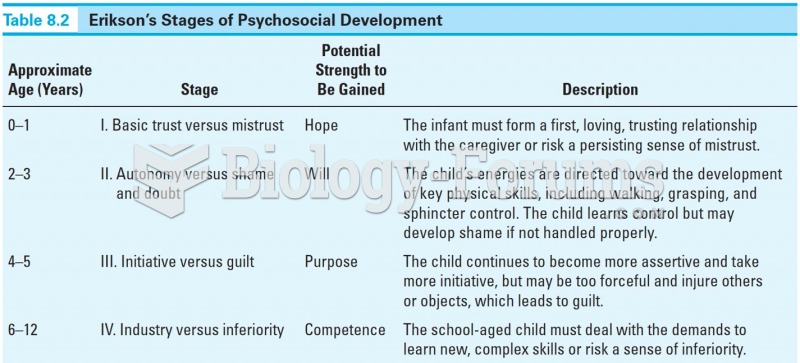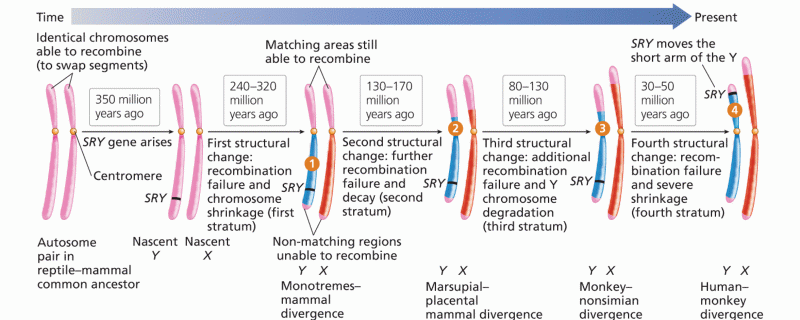Answer to Question 1
The response should describe the role of metacognition in three different content areas and mention at least one aspect of metacognition in each area. Following are examples of points a response might include:
Reading: Good readers engage in processes that are likely to increase their comprehension (setting goals, asking questions that they try to answer, monitoring comprehension, etc.).
Writing: Good writers set goals for their writing, consider what their audience is likely to know about their topic, and think consciously about how to help the audience understand the message they are trying to communicate.
Math: Effective problem solvers monitor their progress toward problem solutions. They also have epistemological beliefs conducive to problem-solving success (e.g., they recognize that mathematical procedures make logical sense and know that they may need to try several different approaches before they are successful).
Science: Youngsters' beliefs about what science is influences how they study and learn science (e.g., students who believe that science consists of isolated facts are likely to focus on meaningless memorization). Furthermore, youngsters' ability to conduct meaningful experiments is influenced by the extent to which they reflect on what they are doing and thinking (e.g., by asking themselves questions such as Have I confirmed my prediction?).
Answer to Question 2
A







